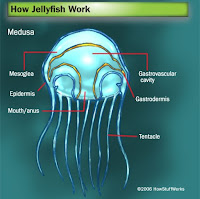 Use the past tense of the verb in parentheses in each
Use the past tense of the verb in parentheses in each“sea animals” sentence. Translate.
1. We (finish) the shark program yesterday.
_______________________________
_______________________________
2. Sylvia (borrow) the starfish for a test.
__________________________________________
__________________________________________
3. They (need) oysters for the aquarium.
_______________________________________________
_______________________________________________
4. Alex (succeed) in catching a live jellyfish.
_______________________________________________
_______________________________________________
5. Parnell (divide) the octopus and the squid in different tanks.
_______________________________________________
_______________________________________________
6. Maria (attend) a seminar on snails.
_______________________________________________
_______________________________________________
7. They (wait) for shrimp to breed.
_______________________________________________
_______________________________________________
























